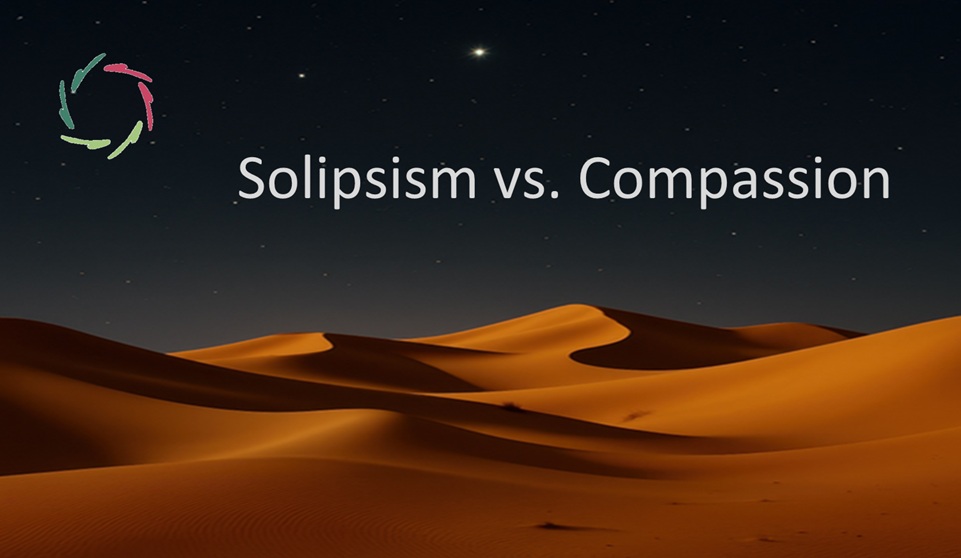Compassion towards Happiness

The search for common ground may lead to practical consequences.
This is a subtle piece of writing. Its appreciation needs feeling as well as thoughtful understanding.
Enforcing happiness doesn’t work.
Commonsensically, one cannot enforce happiness nor fight against unhappiness. Trying to do so readily leads to less happiness immediately or in due time ― a straightforward vicious circle.
This is because happiness is a depth phenomenon. Contrary to this, superficial pleasure is, well, superficial. Nothing wrong with that, but it’s fundamentally different. Trying to attain happiness in the same way as superficial pleasure doesn’t work. Not appreciating the difference is like not appreciating human depth ― common enough.
Many people are living in this rut for a very long time. Unfortunately, much of present-day marketing heightens the illusion that achieving happiness is that simple. In this case, the vicious circle is a commercial boon.
Happiness through Compassion
Does Compassion necessarily lead to happiness? At least, both are depth-related, complex phenomena. Neither of them can be enforced. Both can be invited. [see: “Freedom + Direction = Invitation“]
Nothing comes necessarily, but with genuine Compassion, there is a good chance that true happiness comes as a side effect. Technically, if one may say so in such a circumstance, this is probably related to widening mental-neuronal patterns (not focusing on dopamine, endorphins, etc.).
Also in case of suffering?
Difficult question with no straight answer. I guess one needs the experience to be confident in feeling any direction.
I speak for myself. In my view, there is indeed a layer of happiness involved in Compassion, even with deep suffering. As an open-minded physician, I’ve had my occasions to experience this.
Such experiences may even be highly meaningful precisely because they are demanding and lead one to direct contact with what does and does not matter. These are questions of life (and death).
Common ground
Having proceeded as we just did, we might be open – together, dear reader – for a common deeper layer of happiness and Compassion, being truly a part of both. Conceptually, there’s a pretty substantial overlap. Otherwise said, seen as conceptual patterns, they pretty much intermingle.
As a consequence, through ‘pattern recognition and completion’ [see: “The Brain as a Predictor“], one invites the other and vice versa.
Compassion through happiness
One can ‘make’ people more Compassionate by ‘making’ them happy. Or: turn ‘making’ into ‘making prone to.’ This also transforms personal happiness into a worthier goal, making one prone to Compassion, and through this, to happiness for all.
The direction is an interesting one to think about.
Pragmatically
Provoke some happiness. Provoke some Compassion. Try to bring them profoundly together. Thus, a bit of both may be a good start towards a positive vicious circle.
But cautiously, since depth is needed. Without it, disappointment is probably yours.
With depth, this may be a fruitful direction for anyone.
Coaching may be a good environment to make this happen ― going so much further than a mere diminishment of symptoms.


